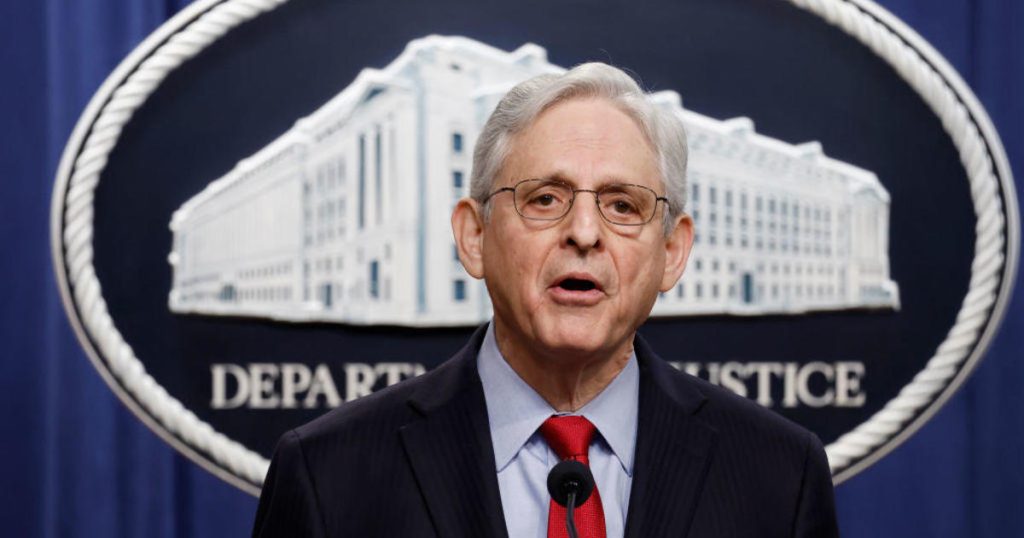President Biden has asserted executive privilege over audio recordings from an investigation into his handling of classified documents, prompting a potential legal battle between the White House and Congress. The Justice Department recommended this assertion in response to a request from the House Judiciary and Oversight Committees for the recordings from an interview with special counsel Robert Hur. The Attorney General stated that safeguarding the confidentiality of law enforcement files is essential to protect ongoing investigations and maintain the independence of law enforcement agencies.
The Justice Department has argued that they have made substantial efforts to respond to the committees’ requests for information and materials related to the investigation. They have already provided transcripts of the interviews, but the committees have not identified a need for the audio recordings. CBS News and other media outlets have filed lawsuits seeking access to the recordings, setting the stage for a legal showdown over the tapes and the limits of executive privilege. Attorney General Garland emphasized that while the department has cooperated extensively with Congress, there are lines that must be drawn to protect the integrity of law enforcement investigations.
The legal basis for President Biden’s assertion of executive privilege came from a recommendation by the Attorney General and the Department of Justice’s Office of Legal Counsel. Garland expressed concerns that turning over the recordings could chill witness cooperation in future investigations, outweighing the committees’ request for the tapes. The White House Counsel’s Office has also pushed back against the contempt votes, arguing that releasing the recordings could be manipulated for political gain. The assertion of executive privilege is seen as a way to shield Garland from potential legal consequences while upholding the separation of powers doctrine.
The committee leaders have maintained that they need access to the recordings as part of their investigation into the president’s handling of classified documents. They argue that the White House has already waived privilege by releasing the transcripts and must hand over the audio recordings. Oversight Committee Chairman James Comer has accused the White House of fearing that releasing the recordings would reveal issues with President Biden’s mental state. Despite the White House’s efforts to assert executive privilege, the committees have vowed to proceed with their contempt resolution against Attorney General Garland for defying a lawful subpoena.
The ongoing legal battle between the White House and Congress over the audio recordings is likely to intensify as the committees seek to obtain the tapes for their investigation. The assertion of executive privilege offers protection to the executive branch in withholding certain communications from Congress, but the committees are determined to pursue all avenues to access the recordings. The President’s assertion of executive privilege is being challenged by the committees, setting the stage for a high-stakes confrontation over the limits of presidential privilege and congressional oversight. As both sides dig in their heels, the outcome of this dispute could have far-reaching implications for the balance of power between the branches of government.


